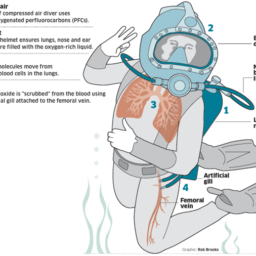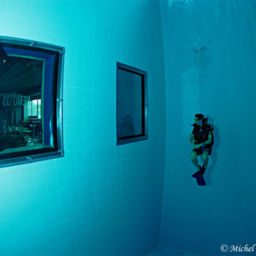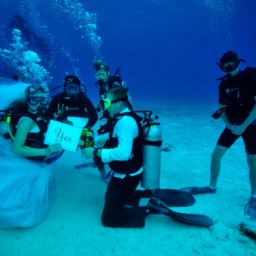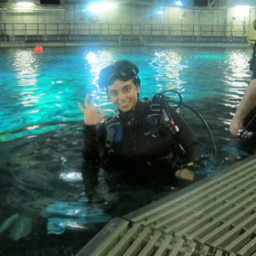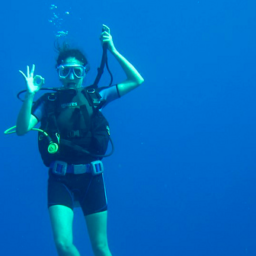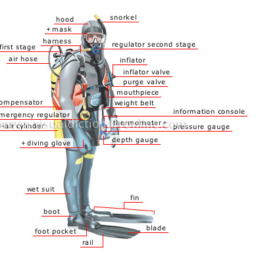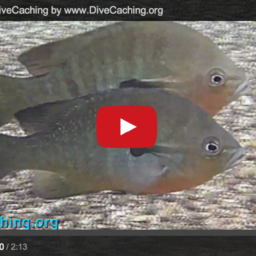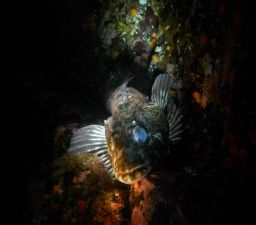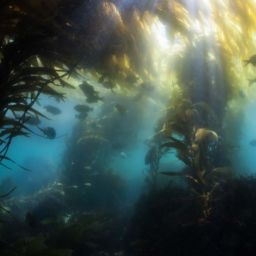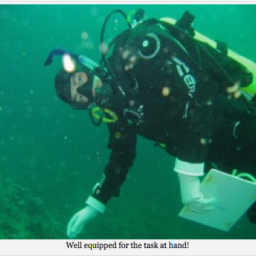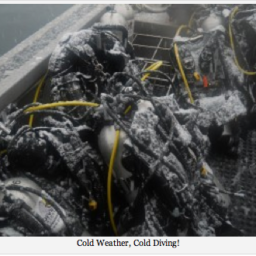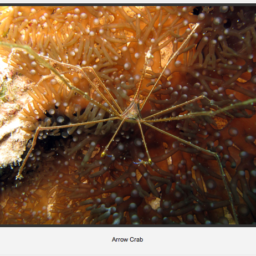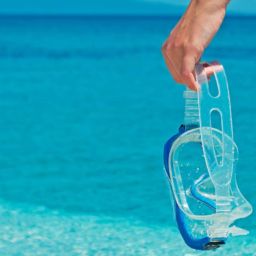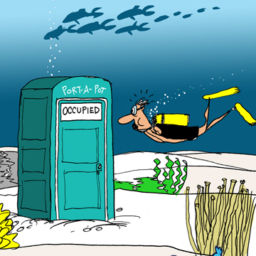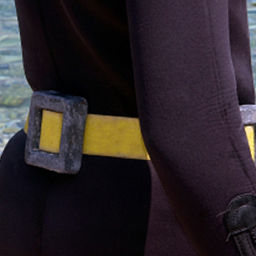In order to get a scuba diving licence , you have to agree to actively take part in ocean conservation which involves making sure you don’t destroy any coral or harm any marine life as well as trying to make a difference by participating in fish counting or reef conservation for example.
What is Ocean Conservation?
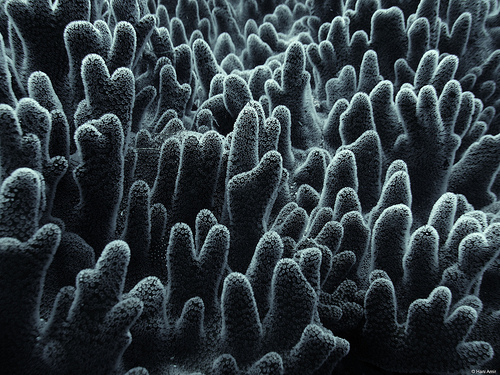 Basically, ocean conservation is all the activities that take place to protect the ocean and the environment of the sea, mainly from interventions by humans. The oceans are incredibly fragile and respond very badly to pollution created by people. But it’s not just that! Ocean conservation also involves actively working against overfishing, by trying to ensure that the delicate balance of the earth remains intact. Unfortunately, there are still many people who hunt fish not just for food, but also for pleasure, which is a terrible thing to do.
Basically, ocean conservation is all the activities that take place to protect the ocean and the environment of the sea, mainly from interventions by humans. The oceans are incredibly fragile and respond very badly to pollution created by people. But it’s not just that! Ocean conservation also involves actively working against overfishing, by trying to ensure that the delicate balance of the earth remains intact. Unfortunately, there are still many people who hunt fish not just for food, but also for pleasure, which is a terrible thing to do.
Ocean conservation also involves protecting marine wildlife such as dolphins. The tuna fishing industry, for example, makes a lot of money by fishing for tuna and naturally come up with quicker and better systems to fish for as much tuna as possible. However, the nets that they use are so big that they often also trap dolphins inside. Another big danger to marine life is offshore oil drilling. Of course, oil is necessary for the running of every human’s life and should be able to continue, but more could be done to prevent ecological disasters, such as the BP disaster in the Gulf of Mexico.
How to Participate in Ocean Conservation
If you want to do your bit in helping to conserve the seas and the oceans, there are many things you could do. One of the main things would be to become scuba certified and attend specialised training in becoming environmentally conscious. This way, you will learn how to care and respect the coral reefs. Coral reefs are often broken, most often not on purpose. The problem with coral is that once it is broken, it tends to die. This means that all the creatures that were dependent on the coral for their survival find themselves in a difficult situation.
Overfishing is a terrible problem, as is the catching of the wrong types of nets (such as the dolphins in the tuna nets). Monitoring and policing this is incredibly important. Most fishing boats are not watched whilst they are fishing and there simply aren’t enough resources available to monitor all the fishing activities. It is possible to do your bit through volunteer work.
Ocean Conservation Recognition
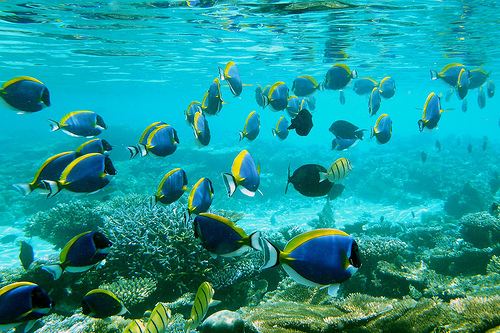 More and more countries and individuals, are now taking responsibility for what they call “our oceans”. Since the 8th of June 1992, people have celebrated the oceans and it has recently been recognised by the United Nations as World Oceans Day. Some of the issues that are being recognised by conservationists around the world include:
More and more countries and individuals, are now taking responsibility for what they call “our oceans”. Since the 8th of June 1992, people have celebrated the oceans and it has recently been recognised by the United Nations as World Oceans Day. Some of the issues that are being recognised by conservationists around the world include:
- Increased marine piracy, mainly around Somalia
- The growth of seaside resorts that offer diving lessons to amateurs by teaching new divers about the importance of conservation.
The Secretary General of the United Nations, Mister Ban Ki-Moon stated that observing World Oceans Day will allow people to become more aware of the important contribution oceans make to our day to day lives. It will also allow people to see how difficult it is to maintain the ocean’s ability to regulate the climate around the world. Other things that will be highlighted are the dangers of overfishing and recreational activities that could harm the underwater world.
Many divers have taken the pledge drafted by the Ocean Project. This states that they:
- Will commit to making a real difference
- Will demonstrate conservation behaviours in the home
- Will think about what they consume
- Will talk about what concerns and interests them with others
- Will challenge themselves daily
- Will make community connections
- Will celebrate our ocean
Basically, everybody can be involved in ocean conservation. Simple things such as only buying sustainably farmed tuna and ensuring you recycle your waste so no unnecessary garbage is deposited on the ocean floors are just a few examples of things you can do at home. As a diver, the possibilities are endless but you have a duty to conserve the areas you enjoy diving in so much.


